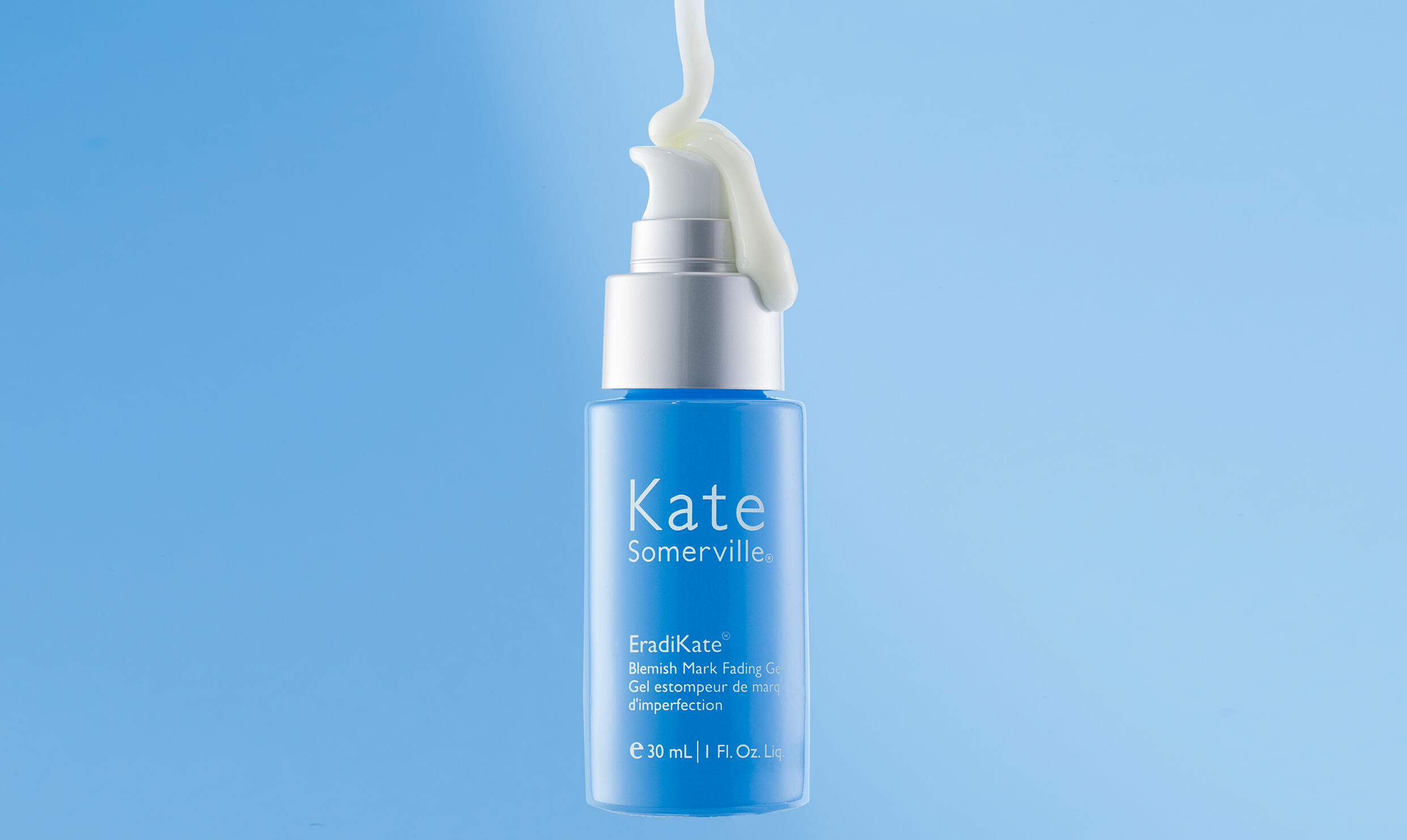Knowing where to start when treating hyperpigmentation and dark spots on the face can be challenging. It isn’t easy to see where you should start with all the products that claim to be the holy grail solution for hyperpigmentation. Some ingredients have been proven to reduce uneven skin tones.
Our Skin Care Experts carefully selected a list to treat dark spots or hyperpigmentation. They also included tips and tricks to include them in your daily routine. Follow these instructions for a more radiant, even complexion and brighter skin.
What causes dark spots?
Many people are unaware of the causes of dark spots. Dark spots are also age spots and can appear on the body or face.
- Sun damage is the leading cause of dark spots. Too much sun can produce too much melanin, the pigment that gives skin its color. Hyperpigmentation is a term used to describe dark patches caused by excess melanin.
- Genetics: Some people are genetically predisposed towards hyperpigmentation because genetic variations can affect the production and distribution of melanin.
- Hormones: Your skin contains estrogen and progesterone receptors in the epidermis and dermis layers. You may notice changes in your skin color during your menstrual period or menopause when hormones fluctuate.
- Inflammation: Similar to other causes of hyperpigmentation (aka acne), inflammation can also be the culprit due to the production of excessive melanin by your skin as a response to injury.
- Poor diet: Vitamin C, E, zinc, and other minerals deficiencies can cause skin problems.
No matter the cause, dark spots can irritate and make you feel uncomfortable.
What are the best ingredients to treat dark spots?
Vitamin C
You’re probably familiar with vitamin C, which treats fine lines and wrinkles and reduces hyperpigmentation and dark spots.
Many studies have shown the benefits of topical Vitamin C as a dark spot corrector. Topical Vitamin C helps to increase skin cell turnover and reduces hyperpigmentation.
Clinically, our Vitamin C Serum has been shown to reduce the appearance of wrinkles and fine lines. It can also fade dark spots. After a week, 90% of users reported that their skin was brighter. This is an excellent way of protecting your skin against environmental damage, such as UV exposure and pollution.
Glycolic Acid
The alpha-hydroxy acid (AHA) glycolic acid helps exfoliate the skin and penetrates deep into the pores, removing the dead cells on the surface. Over time, this can fade dark spots and reduce the appearance of blemishes.
This powerful ingredient helps to improve skin texture and discoloration by stimulating cell turnover. Dark spots can be faded by using products that contain glycolic acids.
Adding glycolic acid to your skin care regimen can help significantly reduce the appearance of dark spots. Our glycolic peel pads are 10% glycolic to fight dark spots and contain aloe vera, cucumber, and cucumber extracts to nourish and soothe the skin.
Choose a product with less glycolic acid, such as our liquid skin exfoliator, if you have sensitive skin and want to avoid irritation. Our liquid exfoliator is clinically tested to be safe for sensitive skin. It contains 2% glycolic, lactic acid, salicylic acids, and fruit enzymes, which help exfoliate the skin without irritation.
Niacinamide
Niacinamide has many benefits, but its ability to fade and tone dark spots is one of them. It is effective at whitening the skin because it inhibits melanin. This prevents further dark spots from forming and evens out existing ones.
This ingredient is also ideal for sensitive or mature skin, as it can help increase ceramides. Niacinamide reduces inflammation and sebum, which prevents future discoloration. Niacinamide can be a great ingredient to use to reduce dark spots.
Dark spots can be reduced in other ways.
There are other natural ways to fade dark spots besides using the best ingredients:
- Regularly exfoliate: Use a gentle scrub containing natural ingredients such as oatmeal or jojoba to remove dead skin cells.
- Consider a face mask. Look for anti-inflammatory ingredients such as turmeric and honey. They are rich in antibacterial properties that can help you fight bacteria.
- Use sunscreen every day: Sun exposure can cause hyperpigmentation. Protect your skin daily from UV rays (yes, even on cloudy days).


